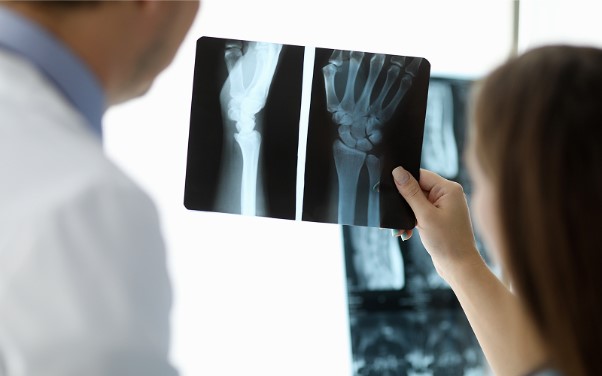Choosing the correct hand surgeon is more than just a matter of availability or convenience; it is a clinical decision with clear implications for treatment effectiveness, recovery speed, and long-term hand function. This choice becomes especially critical for patients facing complex conditions such as tendon ruptures, nerve injuries, or post-traumatic deformities. While many medical practitioners do hand-related treatments, only orthopaedic hand surgeons have the specialist knowledge to address complex musculoskeletal conditions properly. Understanding how to evaluate a surgeon’s qualifications, experience, and approach is then critical to making an informed decision.
Discover the key factors to consider when choosing a hand surgeon in Singapore for complex cases.
Look for Specialisation in Orthopaedic Hand Surgery
Not all hand surgeons are trained the same way. An orthopaedic hand surgeon focuses specifically on the bones, joints, tendons, and ligaments of the upper extremities. This knowledge distinguishes them from general or plastic surgeons who may also perform hand procedures but might not have the same in-depth musculoskeletal training. This depth of training matters for patients with complex injuries or degenerative conditions such as rheumatoid arthritis. Check if the surgeon is accredited by the Singapore Medical Council and has undergone fellowship training in hand or microsurgery. Surgeons affiliated with orthopaedic departments in tertiary hospitals are usually well-versed in treating high-complexity cases.
Evaluate Experience with Specific Conditions
Experience is a key differentiator when comparing hand surgeons. While most can perform standard procedures like trigger finger release or simple fracture repair, managing complex reconstructive cases or severe nerve damage requires higher surgical volume and familiarity with advanced techniques. Ask how frequently the hand surgeon has performed surgeries for your condition. Surgeons who regularly treat brachial plexus injuries, severe wrist instability, or failed prior surgeries are more likely to understand complications and how to avoid them. Don’t hesitate to ask for case examples or outcome statistics, especially when dealing with non-routine cases.
Check Hospital Affiliations and Surgical Facilities
The type of facility the orthopaedic hand surgeon operates in can influence your recovery and risk of complications. Surgeons based in large hospitals or orthopaedic centres tend to have access to more diagnostic tools, such as high-resolution imaging and intraoperative monitoring. These institutions also typically follow more rigorous clinical governance standards, including multidisciplinary team discussions and infection control protocols. You’ll want to ensure the facility is equipped for post-operative rehabilitation and follow-up for more complex surgeries such as tendon transfers or joint reconstruction. Consider whether the hospital or clinic has integrated physiotherapy and occupational therapy support, which is critical to functional recovery.
Assess Communication and Treatment Philosophy
Communication clarity is non-negotiable in high-stakes treatment scenarios. A reputable hand surgeon should be able to explain your condition, treatment options, and expected outcomes without jargon. More importantly, they should be open to discussing risks, alternatives, and timelines for recovery. Surgeons who adopt a conservative-first approach—prioritising non-surgical management where appropriate—demonstrate a patient-centric philosophy. Assess whether the surgeon takes time to understand your lifestyle, work demands, and long-term functional goals during consultation. This approach ensures that your surgical plan is tailored, not standardised.
Verify Post-Operative Support and Rehabilitation
Surgery is only one part of the treatment journey. Post-operative recovery, particularly for complex conditions, may involve splinting, wound management, nerve retraining, or even psychological support. A good orthopaedic hand surgeon will have a structured rehabilitation programme and will work closely with therapists to monitor progress. Ask if the clinic or hospital offers coordinated follow-up care. Surgeons who involve patients in goal-setting during rehab tend to see better adherence and functional outcomes. Follow-up appointments should not be rushed and must allow for evaluation of strength, range of motion, and any signs of surgical complications.
Conclusion
Choosing the proper hand surgeon in Singapore is more than a referral; it requires careful vetting based on specialisation, experience, and support infrastructure. A qualified hand surgeon with experience in complex cases will perform the operation and lead your recovery journey with structured planning and precision. Taking the time to find the proper professional is definitely worth it for conditions that affect your ability to write, work, or move comfortably.
Visit National University Hospital (NUH) to get a personalised hand treatment plan backed by professional knowledge.

